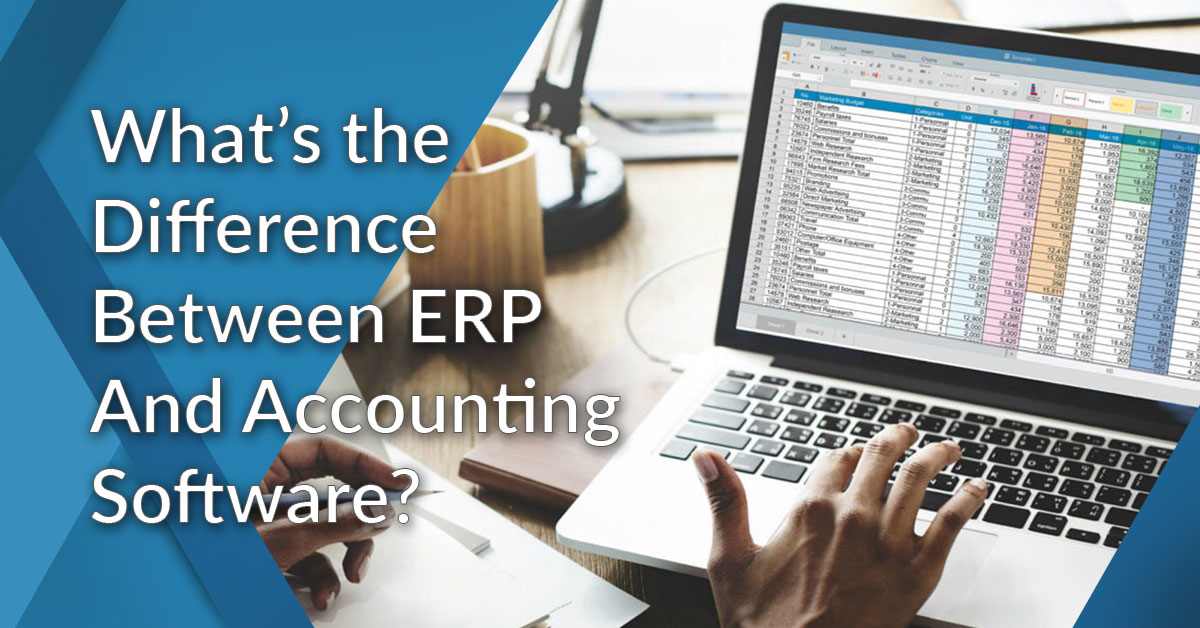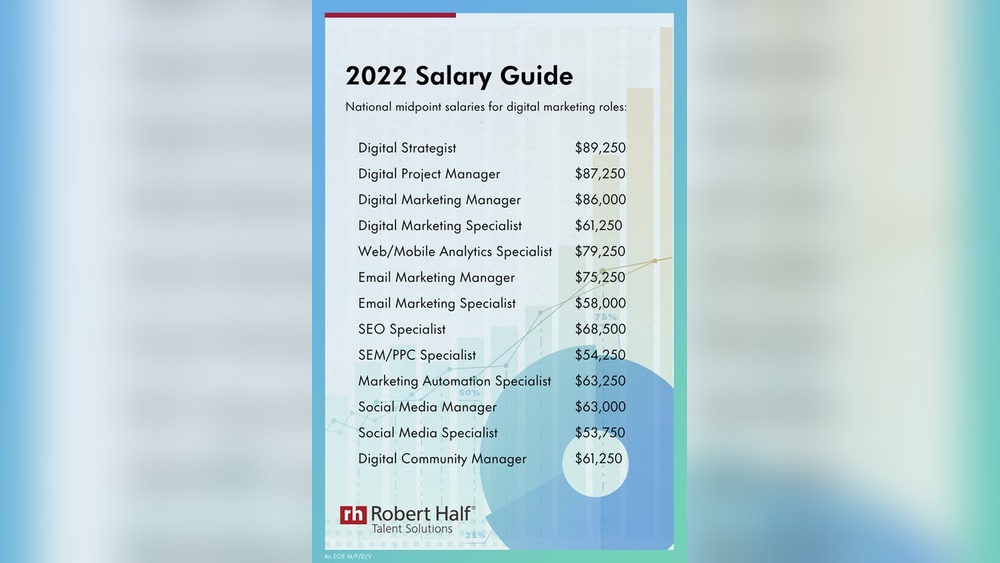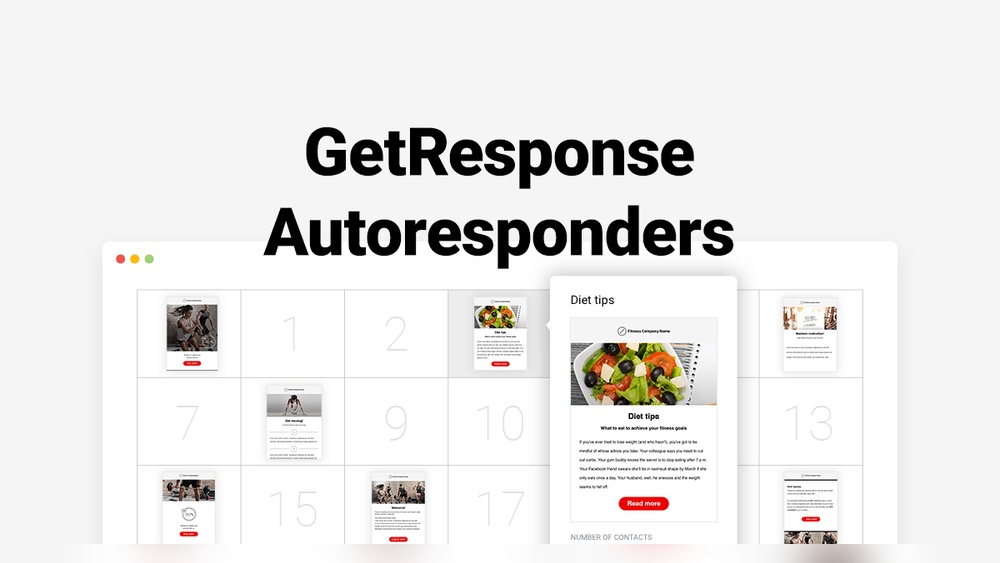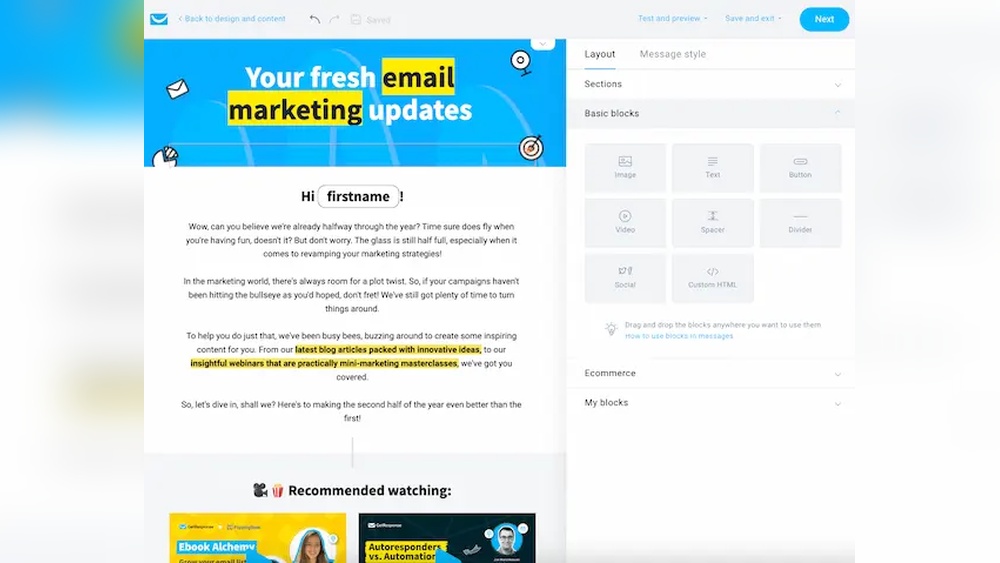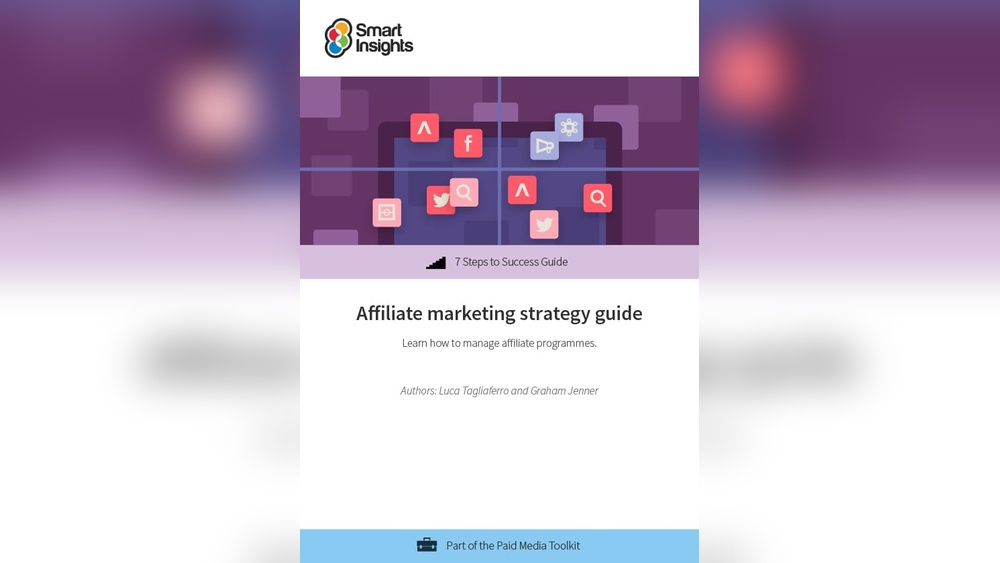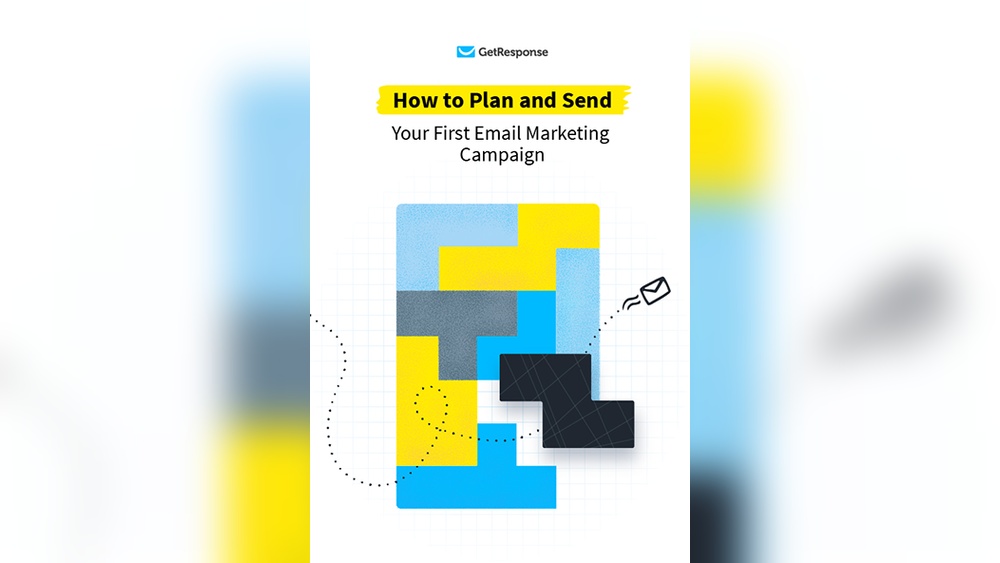ERP accounting software is a powerful tool that can help businesses streamline their financial operations. While ERP accounting software can be complex, there are a few key tips that can help users get the most out of the software. First, it is important to have a clear understanding of the business’s financial goals.
Once these goals are established, users can tailor the software to fit the specific needs of the business. Additionally, users should take advantage of the software’s reporting features to gain insights into the financial health of the business. By following these tips, businesses can maximize the efficiency of their financial operations using ERP accounting software.
- There is no one-size-fits-all answer to this question, as the best way to use accounting software varies depending on the specific software and the needs of the business
- However, some tips on how to use accounting software effectively include setting up the software correctly, inputting data accurately, and regularly reviewing reports to ensure accuracy
ERP Accounting Software – simple and easy to use Klozing ERP
What is erp accounting software
ERP accounting software is a type of business software that helps organizations manage their finances more effectively. It integrates all financial data from different departments and business processes into a single system, providing a complete financial picture of the company. This information can be used to make better-informed decisions about where to allocate resources and how to improve financial performance.
ERP accounting software typically includes modules for accounts receivable, accounts payable, general ledger, and financial reporting. It may also include features for budgeting, forecasting, and cash management. Most ERP accounting software is web-based, making it accessible from anywhere with an internet connection.
While ERP accounting software can be a valuable tool for any organization, it is particularly well-suited for businesses with complex financial needs. If your business is growing quickly or has multiple locations, ERP accounting software can help you keep track of your finances and make sound decisions for your company’s future.
Erp accounting software examples
ERP accounting software is critical for businesses that want to streamline their financial operations. By automating critical accounting tasks, businesses can improve their bottom line and focus on other areas of their business.There are a number of different ERP accounting software solutions on the market, each with its own set of features and benefits.
Here are a few examples of ERP accounting software that can help businesses streamline their financial operations:1. QuickBooks Enterprise: QuickBooks Enterprise is a popular ERP accounting software solution that offers a number of features to help businesses streamline their financial operations. With QuickBooks Enterprise, businesses can manage their inventory, track their sales and expenses, and create custom financial reports.
QuickBooks Enterprise also offers a number of features specifically for businesses in the construction industry.2. Sage Intacct: Sage Intacct is another popular ERP accounting software solution that offers a number of features to help businesses streamline their financial operations. With Sage Intacct, businesses can manage their accounts payable and receivable, track their sales and expenses, and create custom financial reports.
Sage Intacct also offers a number of features specifically for businesses in the healthcare industry.3. Microsoft Dynamics GP: Microsoft Dynamics GP is a popular ERP accounting software solution that offers a number of features to help businesses streamline their financial operations.
Best erp accounting software
When it comes to choosing the best ERP accounting software for your business, there are many factors to consider. The most important thing is to find a system that is tailored to the specific needs of your business, as this will ensure that it is able to provide the features and functionality that you require.There are a number of different accounting software packages available on the market, so it is important to compare the different options to find the one that best suits your business.
You should also consider the price of the software, as this can vary significantly between different providers.Once you have selected the accounting software that you feel is best for your business, you need to ensure that you have the necessary infrastructure in place to support it. This includes ensuring that you have a dedicated server to host the software, as well as the necessary database and networking infrastructure.
If you are not sure whether your business is ready for ERP accounting software, then it is worth speaking to a specialist provider who can assess your specific needs and advise you on the best solution for your business.
Erp accounting software free download
Enterprise Resource Planning (ERP) accounting software is a type of business management software that helps businesses automate and manage their financial accounting processes. ERP accounting software typically includes modules for Accounts Receivable (AR), Accounts Payable (AP), General Ledger (GL), and Inventory Management.There are many benefits of using ERP accounting software, including:
1.Improved Accuracy and efficiency: ERP accounting software can help improve the accuracy of your financial accounting processes by automating tasks and eliminating manual data entry.2.Increased visibility into your financial data: ERP accounting software can give you real-time insights into your financial data, helping you make better business decisions.3.Improved cash flow management: ERP accounting software can help you better manage your cash flow by giving you visibility into your Accounts Receivable and Accounts Payable processes.
4.Reduced costs: ERP accounting software can help reduce the costs associated with your financial accounting processes by automating tasks and eliminating manual data entry.5.Improved compliance: ERP accounting software can help improve your compliance with financial regulations by providing built-in controls and audit trails.If you’re looking for an ERP accounting software solution for your business, there are a few things to keep in mind.
First, you’ll want to make sure that the software is compatible with your existing accounting software and systems.

Credit: dynamics.folio3.com
How is ERP used in accounting?
An enterprise resource planning (ERP) system is a software application that integrates and centralizes an organization’s accounting functions. It automates and streamlines many of the tasks that accounting professionals perform on a daily basis, such as creating financial reports, recording transactions, and managing inventory.ERP systems typically include modules for accounts payable, accounts receivable, general ledger, and payroll.
Some systems also include modules for project accounting, fixed asset management, and tax compliance. ERP systems can be deployed on-premises, in the cloud, or as a hybrid solution.ERP systems can help organizations improve their financial management by providing real-time visibility into the organization’s financial performance.
This can help organizations make better-informed decisions about where to allocate their resources.ERP systems can also help organizations automate and streamline their accounting processes. This can lead to increased efficiency and accuracy, and can free up accounting professionals to focus on more strategic tasks.
ERP systems can be complex and expensive, and they require a significant investment of time and resources to implement and maintain. However, they can provide a number of benefits to organizations that use them effectively.
Do accountants use ERP?
An Enterprise Resource Planning (ERP) system is a software solution that integrates and automates various business processes, including accounting. Many accountants use ERP systems to streamline their work and improve efficiency.ERP systems typically include modules for financial accounting, accounts receivable, accounts payable, and inventory management.
They may also include modules for project management, human resources, and customer relationship management.ERP systems can be complex and expensive to implement, but they can offer significant benefits for businesses, including increased efficiency, improved decision-making, and reduced costs.
Is ERP easy to learn?
ERP systems are notoriously difficult to learn and use. They are designed for large businesses and organizations and can be very complex. Even with training, it can take weeks or months for someone to become proficient in using an ERP system.
How does ERP work with example?
ERP, or enterprise resource planning, is a type of software that helps businesses manage their core processes. This can include tasks like accounting, human resources, customer relationship management, and supply chain management.ERP systems are designed to be used by multiple users across different departments.
This allows for greater collaboration and coordination between teams. For example, if a company is using an ERP system to track inventory, the sales team will be able to see how much inventory is available. This information can then be used to help make decisions about pricing and promotions.
ERP systems are typically hosted on a remote server. This means that businesses can access their data and applications from anywhere. This can be a great benefit for companies with employees who work remotely or who travel frequently.
ERP systems can be complex and expensive to implement. However, they can offer a number of benefits to businesses. These systems can help businesses improve their efficiency and productivity, and make better decisions.
Conclusion
If you’re looking for a comprehensive guide on how to use ERP accounting software, you’ve come to the right place. This software is designed to streamline and automate your accounting processes, and in this article we’ll show you how to get the most out of it.We’ll start by showing you how to create and manage your accounts, and then we’ll move on to how to use the software to your advantage when it comes to invoicing, payments, and reporting.
By the end of this article, you’ll be an ERP accounting software expert!

